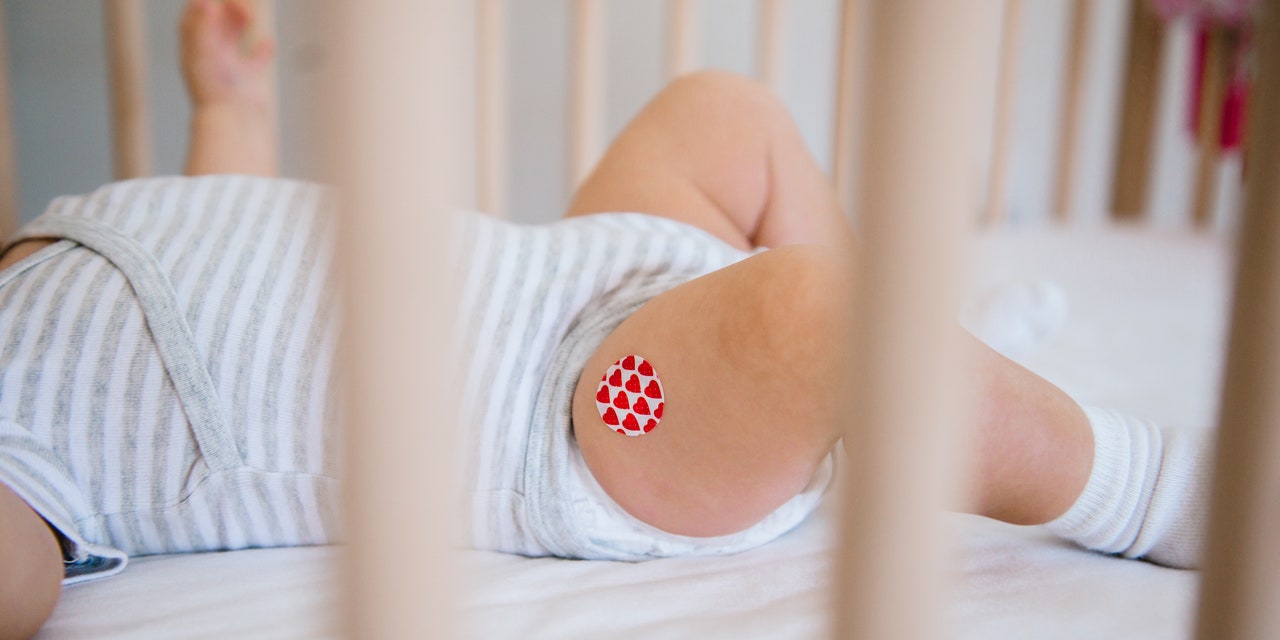Each year, respiratory syncytial virus (RSV) sends up to 80,000 kids under the age of five to the hospital; for hundreds of these children, complications caused by the virus are fatal. Various RSV vaccines have recently been approved for older adults, but we don’t have a dependable way to protect children from getting severely sick from the virus, especially during cold and flu season when other bugs are also floating around freely.
That might change this fall and winter. On July 17, the US Food and Drug Administration (FDA) approved a new preventive RSV drug, Beyfortus (nirsevimab-alip), for babies and children up to two years old.
“[This medication] will save lives and keep vulnerable children out of the hospital,” Mark Hicar, MD, PhD, pediatric infectious disease specialist and associate professor of pediatric medicine at the University at Buffalo in New York, tells SELF.
Nearly every child will contract RSV by the time they turn two years old, and many of them experience a mild illness characterized by cold-like symptoms. But the virus can be very risky for certain kids, the FDA notes, including babies born prematurely and those who have chronic lung or heart conditions.
“RSV is the leading cause of hospitalizations of infants in the US,” William Schaffner, MD, infectious disease specialist and professor of medicine at the Vanderbilt University School of Medicine in Nashville, tells SELF. When kids get severely sick from the virus, they may develop pneumonia (an infection of the lungs) or bronchiolitis (inflammation of the small airways of the lungs), which can lead to symptoms like fast belly breathing or wheezing.
READ RELATED: Easy does it: 23 nifty fitness hacks for busy lives
After last year’s intense cold and flu season—during which COVID-19, RSV, and the flu circulated and overwhelmed many hospitals—the approval of this new drug is welcome news, especially for parents, according to the experts we spoke with. Here’s what you need to know about Beyfortus, including how it works, how effective it may be, and when it may become available.
Beyfortus works a little differently than a vaccine.
Beyfortus, jointly developed by Sanofi and AstraZeneca, is a monoclonal antibody drug that is given as a single injection. “Monoclonal” refers to lab-created versions of antibodies, the proteins that your immune system produces to fight foreign substances that enter the body, including harmful ones like viruses, the FDA explains.
This drug in particular aims to prevent RSV in babies born during “RSV season” (a.k.a. cold and flu season) or kids entering their first RSV season, as well as children up to two years old who are vulnerable.
An injection to prevent an infectious illness sounds a lot like a vaccine, but it’s not in this case. “Vaccines stimulate the body’s own immune system to make antibodies, which can, in some vaccines, provide lifelong protection,” Rosey Olivero, MD, the section chief of pediatric infectious disease at Helen DeVos Children’s Hospital in Grand Rapids, Michigan, tells SELF.




